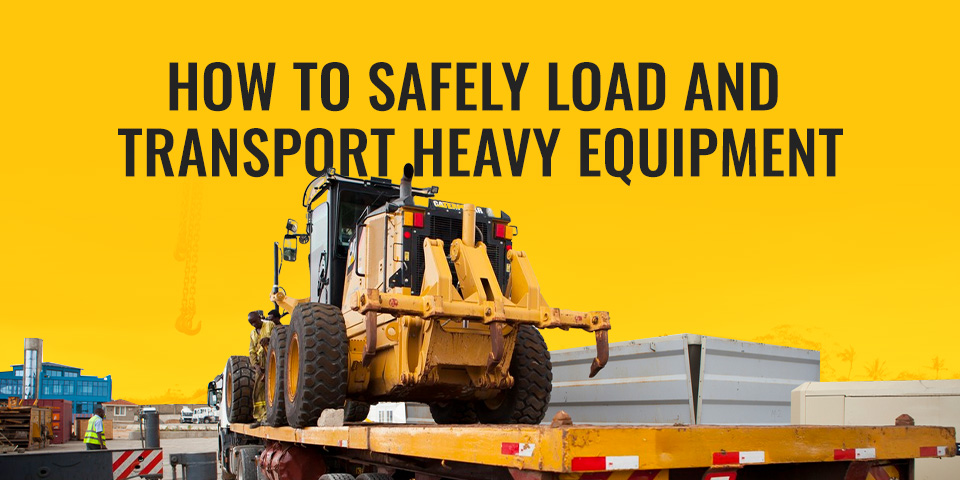Forklift Rental Services for Industrial and Commercial Usage
Forklift Rental Services for Industrial and Commercial Usage
Blog Article
Leasing Vs. Acquiring Building Tools: Making the Right Option for Your Job
When embarking on a building task, one of the critical choices that predict supervisors and stakeholders encounter is whether to purchase or rent out building and construction tools. The choice hinges on different factors such as expense considerations, task period, tools maintenance, scalability, risk, and versatility management.
Price Factors To Consider
When assessing the financial facet of renting versus buying building devices, the lasting expenditures and ahead of time costs need to be thoroughly considered. Renting equipment frequently calls for reduced initial repayments contrasted to purchasing, making it an attractive alternative for short-term jobs or professionals with spending plan constraints. Renting out gets rid of the requirement for big resources outlays and minimizes the economic threat related to equipment ownership, such as upkeep and depreciation expenses. Nonetheless, over time, continually renting out equipment can collect higher costs than purchasing, especially for extended tasks.
On the various other hand, buying building and construction equipment includes higher in advance prices but can result in lasting savings, particularly for regular customers or long-lasting jobs. Inevitably, the choice in between renting and buying building and construction devices pivots on the task's period, frequency of usage, budget plan considerations, and long-lasting economic objectives.
Task Period

On the other hand, for long-term tasks or continuous building and construction work, purchasing devices could be the much more affordable option. Purchasing equipment can cause cost financial savings over time, particularly if the devices will be regularly made use of. Additionally, possessing equipment offers a sense of control over its availability and enables personalization to fit details project needs.

Equipment Upkeep
Provided the critical duty project period plays in establishing the most cost-efficient technique in between renting out and acquiring construction tools, the focus now shifts towards examining the essential aspect of equipment upkeep. On the various other hand, possessing tools calls for a proactive technique to maintenance to protect against failures, make sure safety and security, and prolong the devices's life expectancy. Eventually, a well-kept construction tools fleet, whether rented or possessed, is necessary for the efficient and effective conclusion of building projects.
Flexibility and Scalability
In the world of construction equipment monitoring, the aspect of flexibility and scalability holds substantial value for task efficiency and resource use. Opting to rent out construction devices gives a high level of flexibility as it allows for the fast change of equipment kinds and amounts based upon the advancing needs of a job. Leasing allows service providers to access a variety of specialized devices that may be needed for certain tasks without the lasting dedication of possession. This adaptability is especially useful for projects with differing needs or unpredictable periods (construction equipment rentals).
Moreover, scalability, another vital factor, is inherently connected to flexibility. Renting out building and construction equipment provides the benefit of conveniently scaling operations up or down as project needs change. Professionals can quickly exchange or add equipment to match look at this web-site the task's transforming needs without the restraints of having properties that might come to be underutilized or outdated. This ability to range resources effectively can lead to expense savings and improved task timelines, making renting a beneficial alternative for projects calling for adaptability and receptive resource allocation.
Threat Administration
Efficient risk administration in construction tools procedures is paramount to making certain job success and mitigating potential monetary losses. Building jobs naturally involve various risks, such as tools break downs, accidents, and project delays, which can considerably influence the task timeline and budget plan. By meticulously considering the dangers connected with owning or renting out building and construction tools, job supervisors can make enlightened decisions to minimize these prospective risks.
Leasing building tools can supply a level of danger reduction by transferring the obligation of upkeep and fixings to the rental business. This can reduce the economic worry on the task proprietor in instance of unanticipated tools failings (scissor lift rental). Additionally, leasing supplies the flexibility to gain access to specialized devices for particular task phases, reducing the threat of owning underutilized equipment
On the various other hand, owning building and construction devices offers a sense of control over its use visite site and upkeep. However, this likewise implies birthing the complete duty for fixings, upkeep prices, and devaluation, raising the monetary threats related to equipment ownership. Careful threat assessment and factor to consider of aspects such as project duration, equipment application, and maintenance requirements are important in establishing one of the most ideal option for efficient danger management in construction jobs.
Conclusion
To conclude, when choosing in between renting out and purchasing building equipment, it is vital to take into consideration cost, project period, equipment upkeep, danger, scalability, and adaptability management. Each factor plays a vital role in establishing the most ideal alternative for the job available. By carefully assessing these elements, job supervisors can make an enlightened choice that lines up with their budget, timeline, and total project objectives.

Report this page